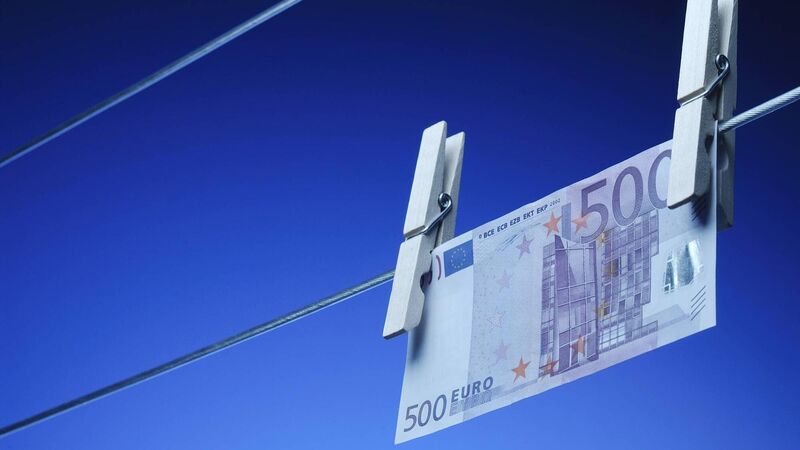Almost 2,500 people arrested worldwide for money-laundering through money mules

As well as arresting 2,469 people, the European Money Mule Action also identified 8,755 money mules and 222 people involved in recruiting money mules.
Ireland is among 25 countries whose law enforcement agencies have combined to arrest almost 2,500 people across the world for money-laundering through money mules.
The operation from mid-September to the end of November was supported by Europol, Eurojust, Interpol, and the European Banking Federation.










